Chido Onumah is a Nigerian/Canadian journalist and author, who studied at the University of Calabar and received an MA in journalism from the University of Western Ontario.
For over two decades, Onumah worked as a journalist, rights activist and media trainer in Nigeria, Ghana, Canada, India, US, The Caribbean and Spain.
In this interview with TheCable, the distinguished scholar, who just authored a new book: ‘We Are All Biafrans’, spoke on the challenges of the country, which he said cannot be solved by President Muhammadu Buhari alone.
Like his two previous books – ‘Time to Reclaim Nigeria and ‘Nigeria, is Negotiable’ – ‘We Are All Biafrans’ is a collection of essays published by the author in various newspapers in the last three years. He focused on the crisis of nationhood in Nigeria.
Advertisement
A staunch advocate of federalism, Onumah contended that most of the problems of Nigeria are located in the way the country is structured.
In your book, you wrote about the Nigerian identity, faux federalism in practice and an indolent ruling class. You raised some of these issues in your previous books. Obviously you see a need to re-structure Nigeria. How does one balance the magnitude of concepts in the book?
There are many issues in the book: it talks about the 2015 general election and its aftermath, the actions and inaction of our rulers, the malfeasance of public office holders, fiscal federalism, resource control, the general insecurity in the country and collapse of public infrastructure.
Advertisement
However, the one theme that runs through all of these issues is restructuring. My argument basically is that these problems I have identified have persisted because of the structure of the country.
You made a case for restructuring of Nigeria’s socio-political scene so as to prevent a ‘catastrophe’; you also advocated for true federalism, please speak more about the ideal federalism?
The ideal federalism I look forward to is one in which we have functional federating units. People have debated whether what we have in Nigeria (that is the relationship between the states and the federal government) are federating units or federal units. I don’t think this is the proper question to pose. Nigeria is a federal republic.
The country gained independence in 1960 as a federation of three regions and subsequently four regions when the mid-west region was created in 1963. It was the military that changed the political configuration of Nigeria in the aftermath of the military intervention in January 1966. The crisis started with the division of the country into 12 states on May 27, 1967, in an obvious attempt to weaken the Biafran secessionist efforts.
Advertisement
Once the war was over, the states which were created from the regions lost all their powers and with that any effort or desire to take care of themselves. Everything was centralised and we had a behemoth as a federal government which dictated how the states functioned. Every state became dependent on the federal government. It got so bad that the federal government took charge of local governments and even listed them in the constitution. No country can function effectively with this kind of structure.
So, to answer your question directly, my ideal federation would be one in which development will be from bottom to top rather than the reverse; one in which the state would be strong enough to support the federal government rather than being dependent.
Do you think President Muhammadu Buhari is on the right track in terms of being honest with our problems in the country and sincerely confronting it?
My assessment is that the president is desirous of making Nigeria work but the truth is that anybody who becomes president of Nigeria today can only do so much. Nigeria has fundamental problems, problems that go beyond the issue of corruption, collapse of infrastructure, or insecurity. There is a serious problem with the existential confidence in Nigeria. And this is not a problem that President Buhari or the APC government can solve alone.
Advertisement
Indeed, it is the problem of 170 million Nigerians. This brings me to the issue of a Sovereign National Conference (SNC) or any other conference we can have to address the structure of the country. So, while President Buhari may be honest and desirous of turning the tide, I think the issue goes beyond him.
The book and its ideas can be said to be timely, and now the new militant group, Niger Delta Avengers, has come up with a series of demands. Though the group has been criticised for its modus operandi, what do you think of their demands? How does their agitation play up in terms of the concepts of federalism and ethnic dissatisfaction discussed in your book?
Advertisement
The truth is that these kinds of skirmishes are inevitable in a federation like ours. We may not like what the Nigeria Delta Avengers are doing; their actions may be against the laws of the land; we may call them names, but I don’t think name-calling has solved problems anywhere. Nigeria is not working and this is reflected in many illegal and violent activities around the country. But I think we should also look at the big picture. For me, what this means is that it reinforces the call for discussion about our federalism, about the structure of the country. As I noted earlier, more than anything else, it is the structure of our country that breeds the kind of sabotage and violence we are witnessing across the country today.
What do you hope your book will do to the discourse on nationhood in Nigeria?
Advertisement
I wrote We Are All Biafrans to provoke debate around the issue of restructuring Nigeria. What I am saying essentially in the book is that we are all causalities of many years of bad governance, many years of corruption, and of course our flawed federation. I am happy with the kind of attention the book is receiving. The speech by former Vice-President Atiku Abubakar during the book presentation stirred a lot interest and has expanded the discourse about the nature of our federalism and I am sure many more people will join the conversation in the months to come. The more we talk the less likely that the current crisis will degenerate into a disaster.
Advertisement
1 comments
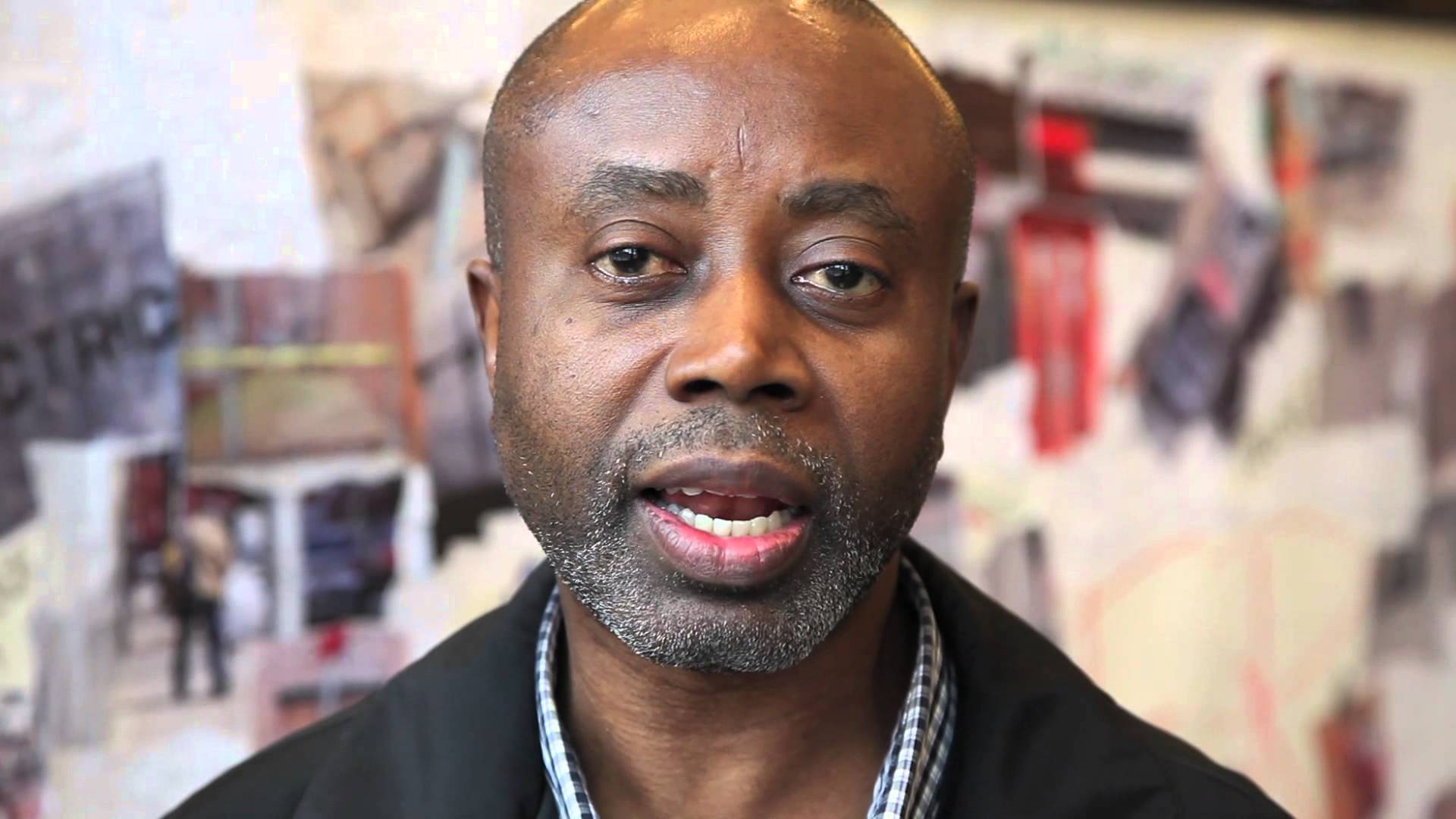
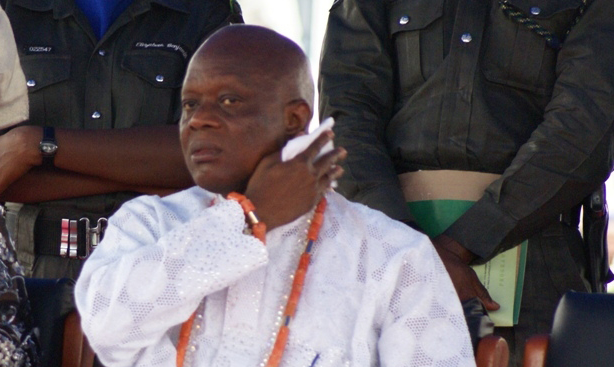
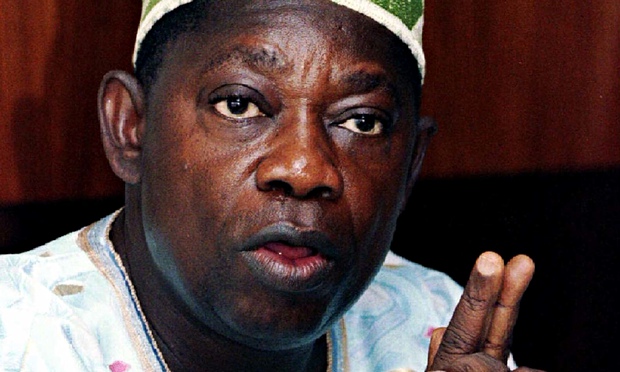
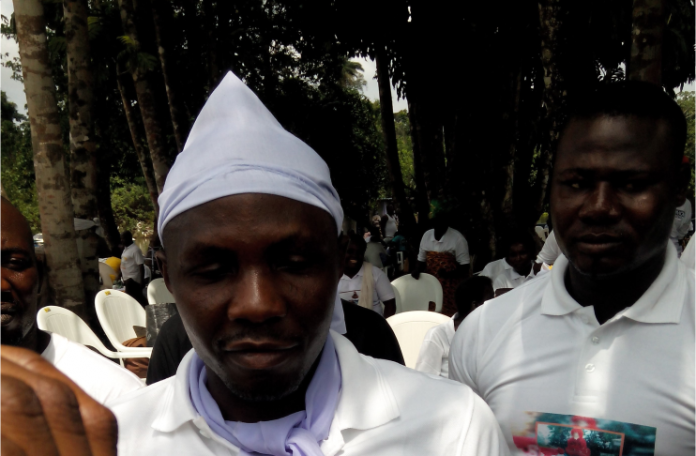
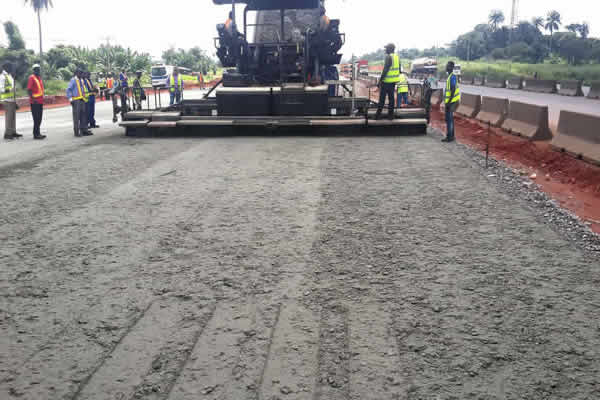

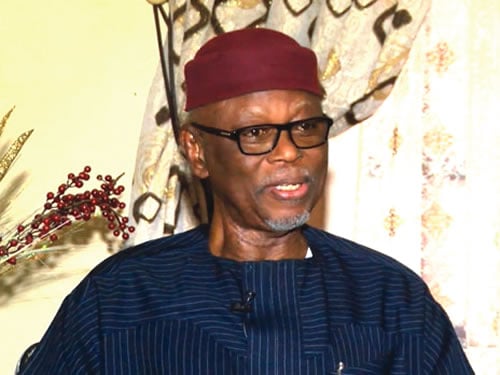
I believe the call for restructuring will bring to an end the agitation of marginalisation by various groups in the country.
We need to try something different since the current system has failed.